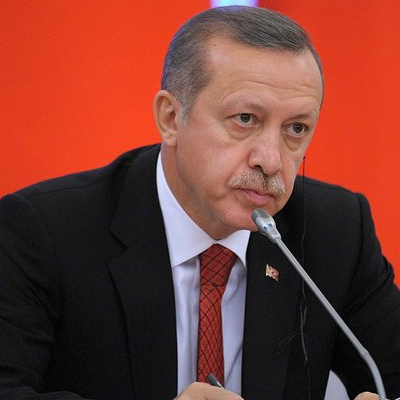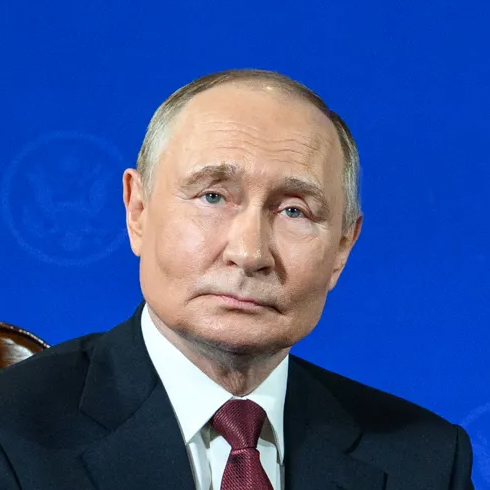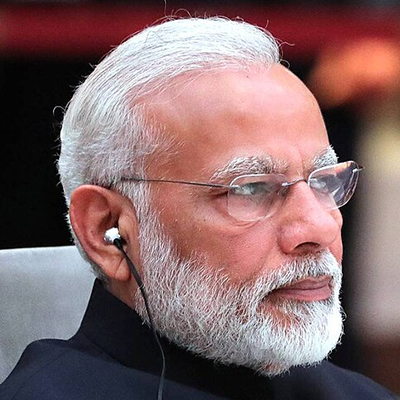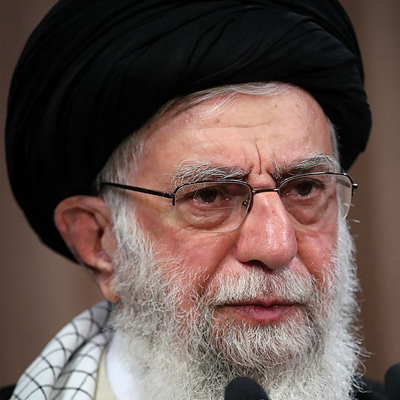Tyrant of the year 2025: Recep Tayyip Erdoğan
 Turkish President Recep Tayyip Erdoğan has been on the path to authoritarianism since he first came to power more than 20 years ago, but even by his standards 2025 has been a particularly repressive year. In March, Erdoğan had Istanbul mayor Ekrem İmamoğlu, the opposition frontrunner for the next presidential election, arrested and jailed in what has been described as a blatantly politically motivated attack.
Turkish President Recep Tayyip Erdoğan has been on the path to authoritarianism since he first came to power more than 20 years ago, but even by his standards 2025 has been a particularly repressive year. In March, Erdoğan had Istanbul mayor Ekrem İmamoğlu, the opposition frontrunner for the next presidential election, arrested and jailed in what has been described as a blatantly politically motivated attack.
The Turkish leader is no stranger to such authoritarian tactics, having replaced several elected mayors from opposition parties with government-appointed ones. He’s also targeted activists, journalists and politicians who criticised him with contentious court cases. In the last year, more than 500 people, including 17 mayors, have been detained in opposition-run municipalities around Turkey, but İmamoğlu’s arrest was a major escalation which led to hundreds of thousands of protesters lining the streets of Turkey to condemn the state’s oppressive actions. And what of Erdoğan's response to the widescale protests? It’s been painfully cliched. He labelled the demonstrations “street terrorism”, banned entire major cities from hosting them and arrested thousands, including an AFP photojournalist. He even managed to anger Elon Musk after his government ordered the blocking of over 100 critical accounts.
İmamoğlu remains in jail. Last month Turkish prosecutors charged him with 142 offences that could amount to up to 2,430 years behind bars if he is found guilty. His real crime? Running against Erdoğan.
To cast your vote, click on your chosen tyrant's face below and then click on the Vote button. And if you want the winner delivered straight to you in early January, sign up to our newsletter – you’ll then be the first to know who claims the crown no one wants.
The closing date is Monday 5 January 2026.
To view the other contenders for Tyrant of the Year, click here.

 Russia’s “Father of the Nation” Vladimir Putin is overseeing a predictably grim 2025. He continues killing innocent Ukrainians and sending Russian soldiers to their deaths to sustain the ex-KGB agent’s fantasy of conquering Ukraine. He continues to punish anyone inside Russia who dares to challenge the government line, including a
Russia’s “Father of the Nation” Vladimir Putin is overseeing a predictably grim 2025. He continues killing innocent Ukrainians and sending Russian soldiers to their deaths to sustain the ex-KGB agent’s fantasy of conquering Ukraine. He continues to punish anyone inside Russia who dares to challenge the government line, including a  India has been called the world’s largest democracy but under Narendra Modi that label might need an update. Threats to free speech in India have intensified dramatically.
India has been called the world’s largest democracy but under Narendra Modi that label might need an update. Threats to free speech in India have intensified dramatically.  Ayatollah Ali Khamenei, Iran’s Supreme Leader, has been the country’s leader for 36 years, so tyranny is in his blood. His years of perfecting autocracy were on full display following the death of Mahsa (Jina) Amini at the hands of the “morality police” in 2022 and the Woman, Life, Freedom protests that followed. His regime enforced a sharp crackdown on his opponents, many of whom were rounded up and jailed. But it’s not just views on feminism that anger the Ayatollah. This year thousands of lawyers, journalists and human rights defenders who spoke up during the Israel-Iran conflict were also arrested.
Ayatollah Ali Khamenei, Iran’s Supreme Leader, has been the country’s leader for 36 years, so tyranny is in his blood. His years of perfecting autocracy were on full display following the death of Mahsa (Jina) Amini at the hands of the “morality police” in 2022 and the Woman, Life, Freedom protests that followed. His regime enforced a sharp crackdown on his opponents, many of whom were rounded up and jailed. But it’s not just views on feminism that anger the Ayatollah. This year thousands of lawyers, journalists and human rights defenders who spoke up during the Israel-Iran conflict were also arrested.